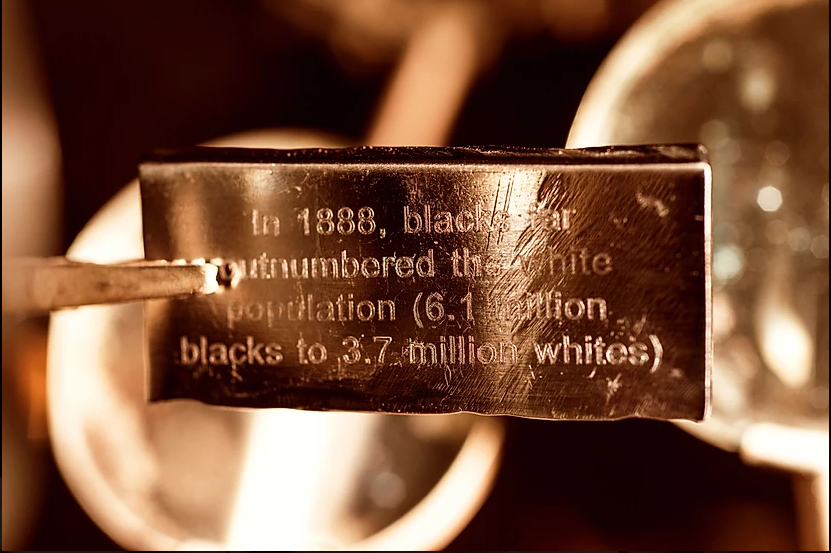Disruption of Order and Maintenance of Progress; Exploring the Process(es) of Affirming Black Brazilian Identity – Na’ilah Harris
Distinction, 2019-2020
I’ve been looking for Africa all over the world, but forgot to look within me.
― Thabiso Monkoe
Não dá para lutar contra o que não se pode dar nome. […] E, quando não se sabe de onde vem, é mais fácil ir para onde a máscara diz que é o seu lugar.
Djamila Ribeiro, Quem Tem Medo do Feminismo Negro?
Abstract
When I was living in Florianopolis, Brazil last fall I had the opportunity to join a collective formed by black students at the state university. We discussed race very often. Some of them had opposing experiences of racial identity to me although we looked quite similar. They would sometimes reflect on their discovery of themselves as Black people upon entering university when I had understood myself as Black since childhood. We also often spoke about Brazil’s current president, Jair Bolsonaro, who was still campaigning for the presidency at that time. He has publicly denounced the necessity for affirmative action based racial quotas, on multiple occasions. Most of the Black university students that I met were in school based on the same racial quotas whose significance their current president refutes. Racial quotas in Brazil came to fruition during Luiz Inacio (Lula) Da Silva’s presidency in the 2000s along with his inaugural speech, that affirmed the existence of a Black socio-racial group in Brazil as well as the discrimination they endure. I wondered what the impact of a president with views like Bolsonaro might be on the continuation of progress within the Black Brazilian population. I felt that I could truly appreciate the reality of their existence during Bolsonaro’s presidency if I could comprehend more about Black identity in Brazil; I wanted to explore some of the sentiments that had been shared with me at the university. I had never heard anyone express a process of discovering racial identity upon adulthood, prompting me to want to learn about the process of affirming Black identity in Brazil. In this paper I will explore my findings on the process of affirming Black Brazilian identity through the analysis of interviews I conducted with nine Black Brazilian women. The paper will go further to explore the liberating quality of affirming Black identity in Brazil.

